
As the world shifts toward renewable energy, many businesses are turning to commercial rooftop solar systems to power their operations. It’s a smart choice for reducing electricity costs and making businesses more environmentally friendly. But what exactly is commercial rooftop solar, and how does it work?
What is Commercial Rooftop Solar?
A commercial rooftop solar system is a solar energy setup installed on the roof of a business building, factory, warehouse, or office. It uses solar panels to capture sunlight and convert it into electricity. This electricity is then used to power the business operations, reducing the amount of energy needed from the grid and lowering electricity bills.
How Does It Work?
Solar Panels: Solar panels are placed on the rooftop, where they capture sunlight.
Inverter: The sunlight is converted into electricity by the solar panels. However, the electricity is in direct current (DC) form, so an inverter changes it into alternating current (AC), which is what most businesses use.
Power Usage: The electricity produced is used to power lights, machines, air conditioning, and other electrical devices in the business.
Excess Power: If the system produces more electricity than the business uses, the extra power can be sent back to the grid. This is called net metering, and in many places, the business can earn credits for this excess power.
Benefits of Commercial Rooftop Solar
Lower Electricity Bills: One of the main reasons businesses switch to solar is to save on energy costs. By generating their own electricity, companies can reduce their monthly bills significantly.
Environmentally Friendly: Solar energy is clean and renewable. By using solar power, businesses can reduce their carbon footprint and contribute to a healthier planet.
Government Incentives: Many governments offer tax incentives, rebates, or subsidies to encourage businesses to install solar systems. These can help reduce the upfront costs.
Energy Independence: With solar, businesses become less reliant on the traditional power grid, which can protect them from rising electricity prices and power outages.
Increase in Property Value: Solar installations can increase the value of a commercial property, making it more attractive for future buyers or renters.
Is Your Business a Good Fit for Rooftop Solar?
Not all businesses are the same, and not every roof is suitable for solar panels. Here are some things to consider:
Roof Space: A large, flat roof is ideal for solar panels, but sloped roofs can work too. The roof needs to be strong enough to hold the panels and should have enough space to generate enough power for your business needs.
Sunlight Exposure: Your building should receive plenty of sunlight during the day. Solar panels work best when they are installed in a location that gets direct sunlight for most of the day.
Energy Needs: Consider how much electricity your business uses daily. Solar systems can be designed to meet your specific energy needs.
Cost and Financing: While solar panels can save money in the long run, there is an initial cost to install the system. However, many businesses take advantage of solar financing options like loans, leases, or Power Purchase Agreements (PPAs), which can reduce the upfront costs.
Steps to Installing Commercial Rooftop Solar
If your business decides to go solar, here’s what you can expect during the installation process:
Assessment: A solar company will inspect your building and roof to see if it’s suitable for solar panels.
Design and Planning: The company will design a system that meets your energy needs. This includes determining how many panels you need and where they should be placed.
Permits and Approvals: Before installation, you may need permits from local authorities, and your solar provider will usually handle this process.
Installation: Once the design is approved, the solar panels are installed on your rooftop. This process usually takes a few days to a week, depending on the size of the system.
Inspection and Connection: After installation, the system will be inspected and connected to the grid.
Monitoring: Most solar systems come with a monitoring system that allows you to track how much electricity your panels are generating.
Conclusion
Switching to commercial rooftop solar is a smart move for businesses looking to cut costs and reduce their environmental impact. Solar energy is a clean, renewable, and cost-effective way to power your operations. By taking advantage of available incentives and choosing the right solar provider, businesses can enjoy significant savings while helping to protect the planet.
Whether you're a small business or a large corporation, commercial rooftop solar can be a valuable investment for a sustainable future.

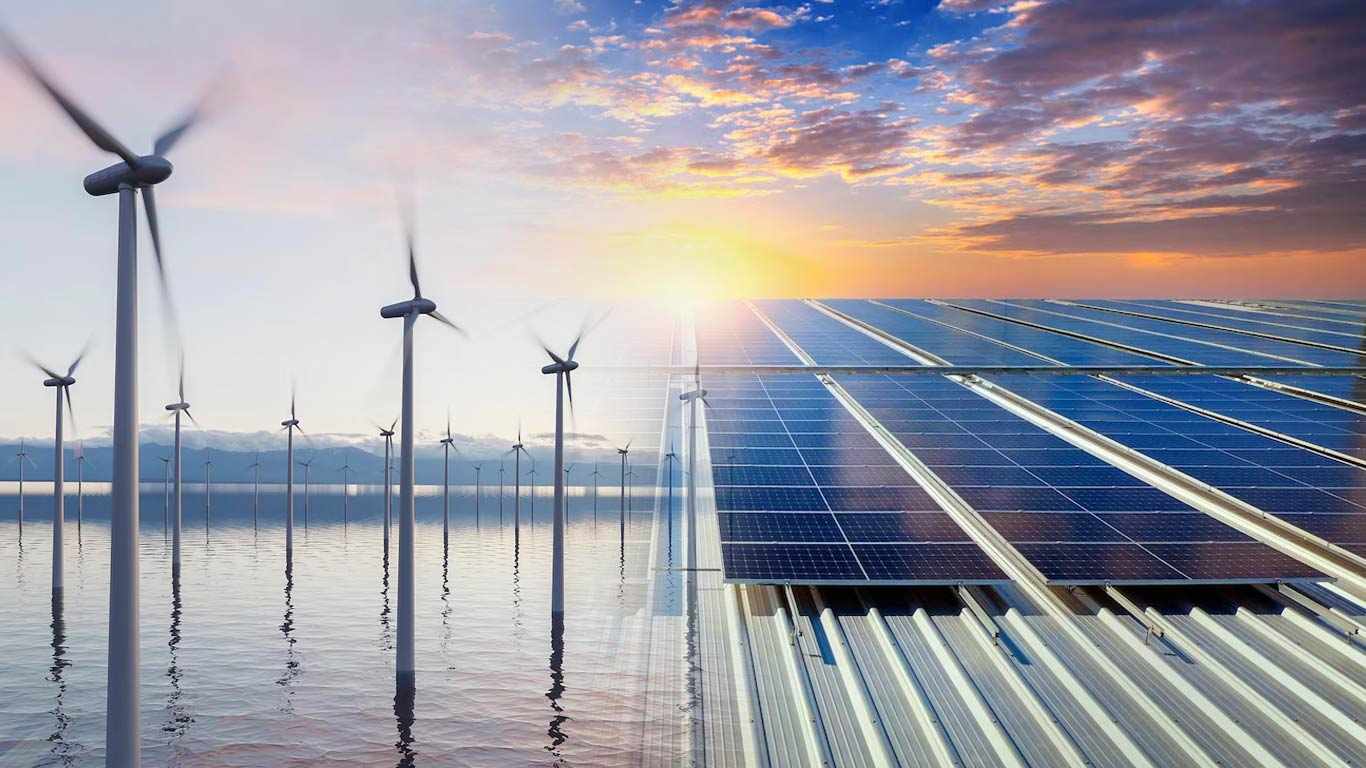

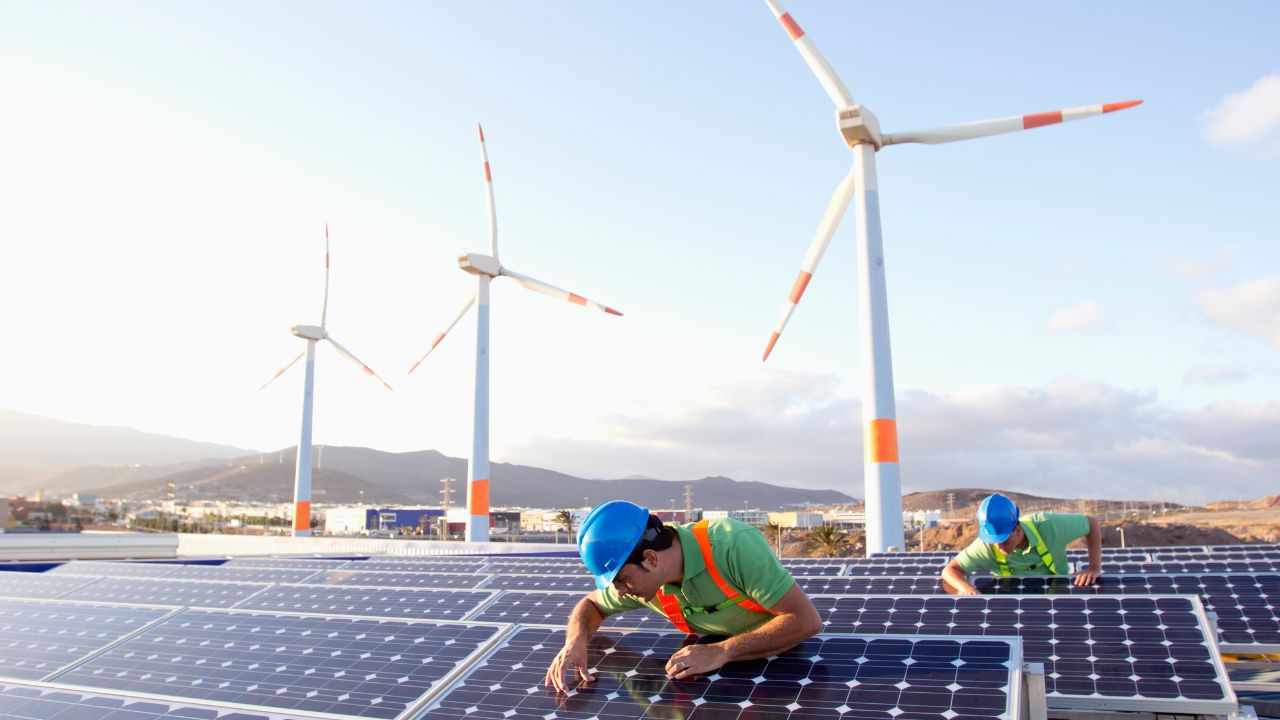

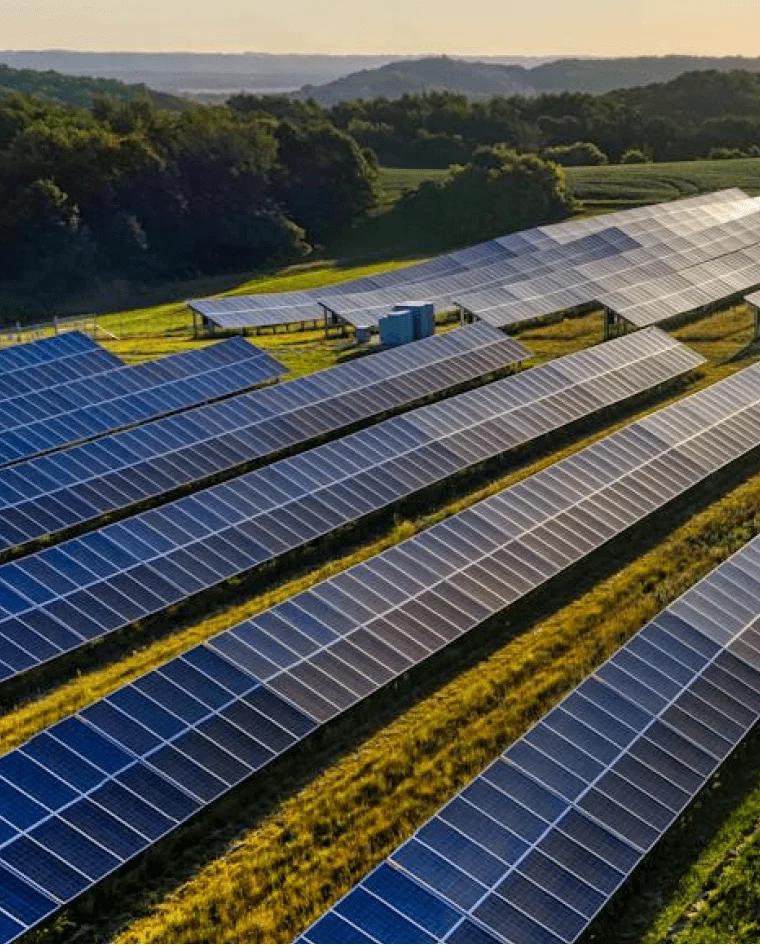
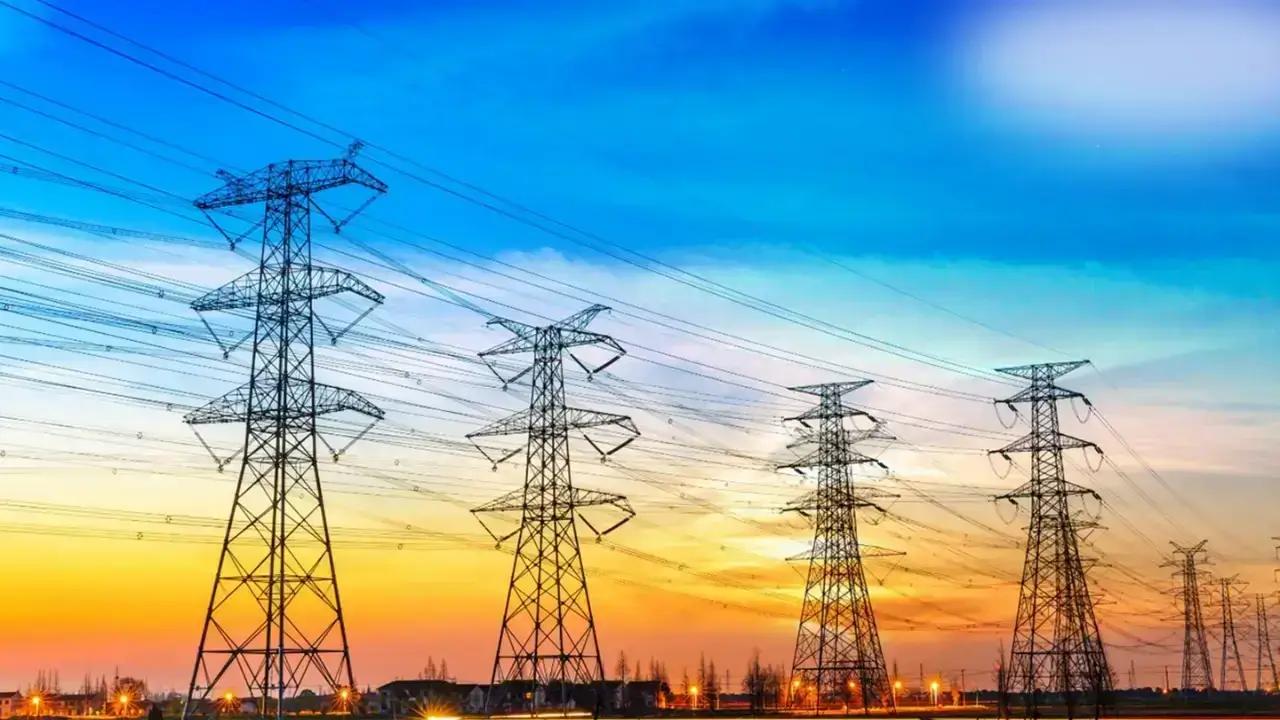
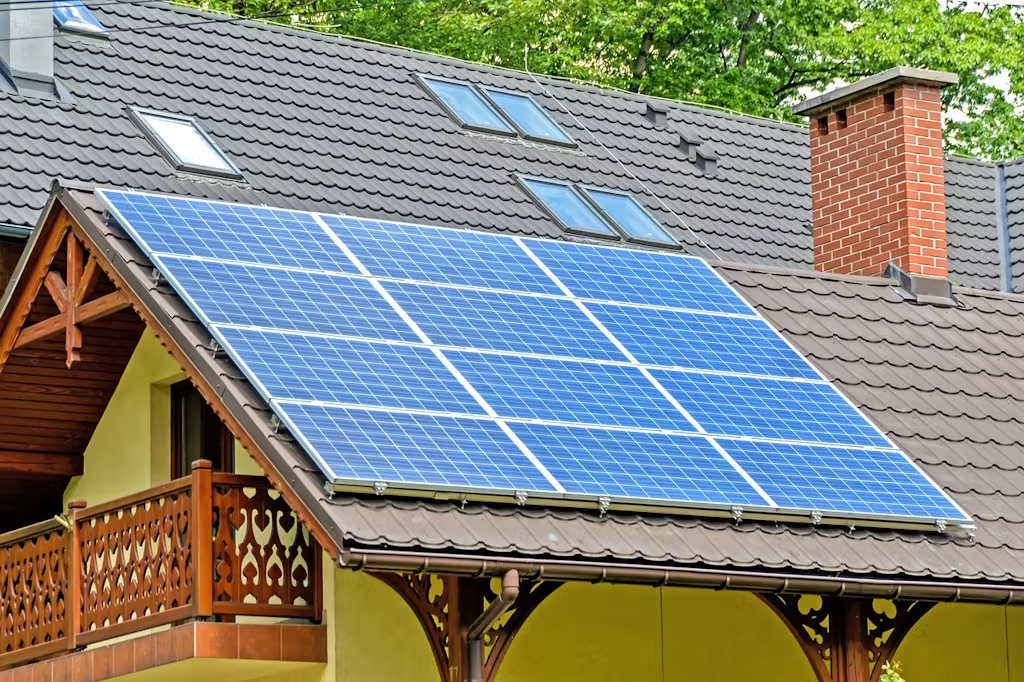
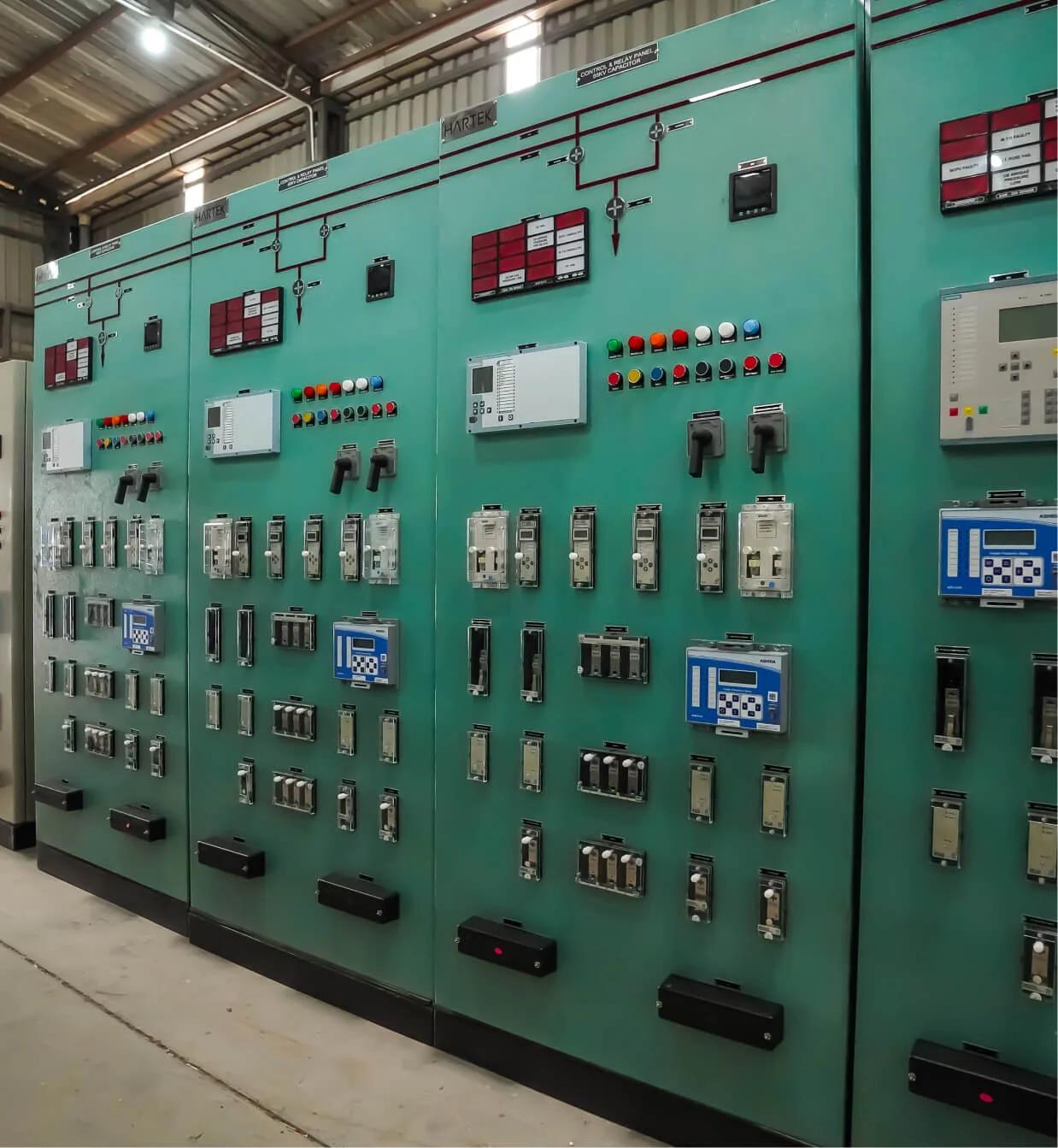
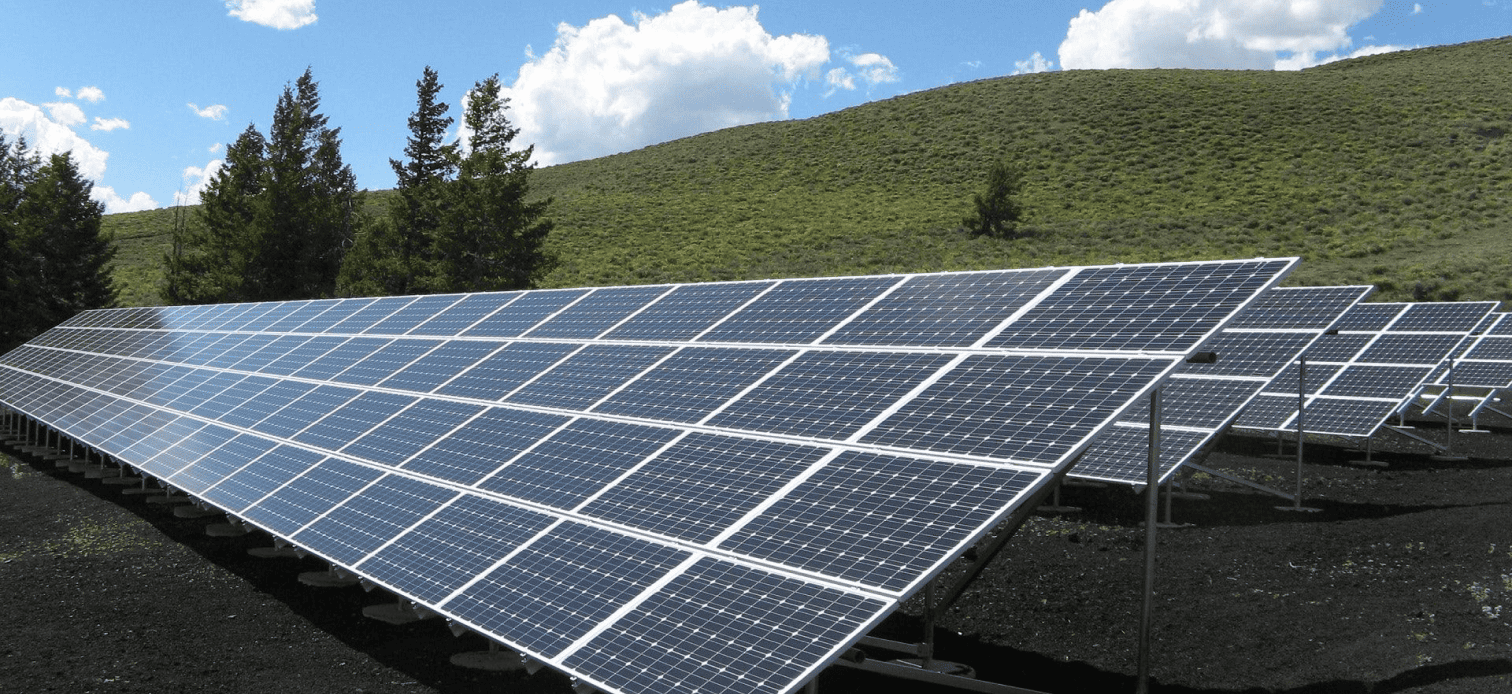




Write a comment ...